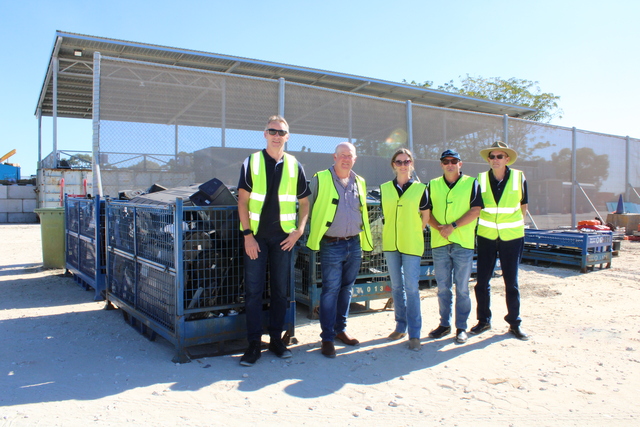In each edition we feature the views of a Local Government Association President. The following is from Councillor John Legoe, President of the Local Government Association of South Australia.
The concept of an intergovernmental agreement involving all three spheres of government in Australia holds considerable hope for the nation. Local Government in Australia has a relatively small role compared to most other OECD countries. This is reflected, for example in statistics which show the percentage of public sector employees engaged by Local Government in a range of countries around the world.
In the United States, the percentage of public sector workers in Local Government is 61 per cent; in the UK, 52 per cent; in Canada, 39 per cent; in Germany, 37 per cent, in Japan, including prefectures, it is above 66 per cent (OECD, 2001). In Australia, Local Government employs only 14 per cent of public sector workers, reflecting the very high degree of centralisation of service delivery in Australian State Governments.
Clearly the Hawker report confirms what almost everyone in Australia knows – that there has been a trend of expansion of Local Government roles and responsibilities which has continued – probably over the past 40 or more years.
This expansion has been both extremely formal – where new State Legislation has been passed establishing new functions and assigning responsibilities to Local Government – and it has also been informal – where communities have demanded new services areas from Councils – sometimes in areas where other governments have withdrawn or offer limited services.
Much of the functional transfer to Local Government has been subtle and less visible. In South Australia, an interesting example of this occurs under the Public and Environmental Health Act (SA), in which Councils are required to ‘take reasonable steps’ … to prevent the occurrence and spread of notifiable diseases.
This has effectively meant that with the advent of Legionnaire’s disease, Councils have been all but obligated to inspect cooling towers of large buildings for compliance with standards.
It has also had implications for Council delivery of school immunisation programs when the Commonwealth provides new free vaccines such as Hepatitis-B and Meningococcal-C. In these areas, the construction of the Act has meant that communities expect Councils to undertake such functions, and would hold them accountable if the functions were not performed and problems arose.
New services are demanded of Councils with no regard as to whether they can raise extra resources to fund them.
The trend of increased community demand, coupled with the desire of other governments to devolve more responsibilities to the local level, seems destined to continue toward similar OECD country benchmarks.
There is a simple question before the nation: will these ongoing transfers and enhancements be consistent and planned, or will they continue to be ad hoc and uncoordinated?
An intergovernmental agreement holds out the prospect that we just might get smarter about the planning and delivery for services for the next generation.







